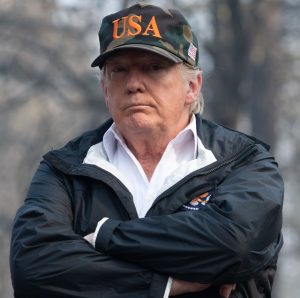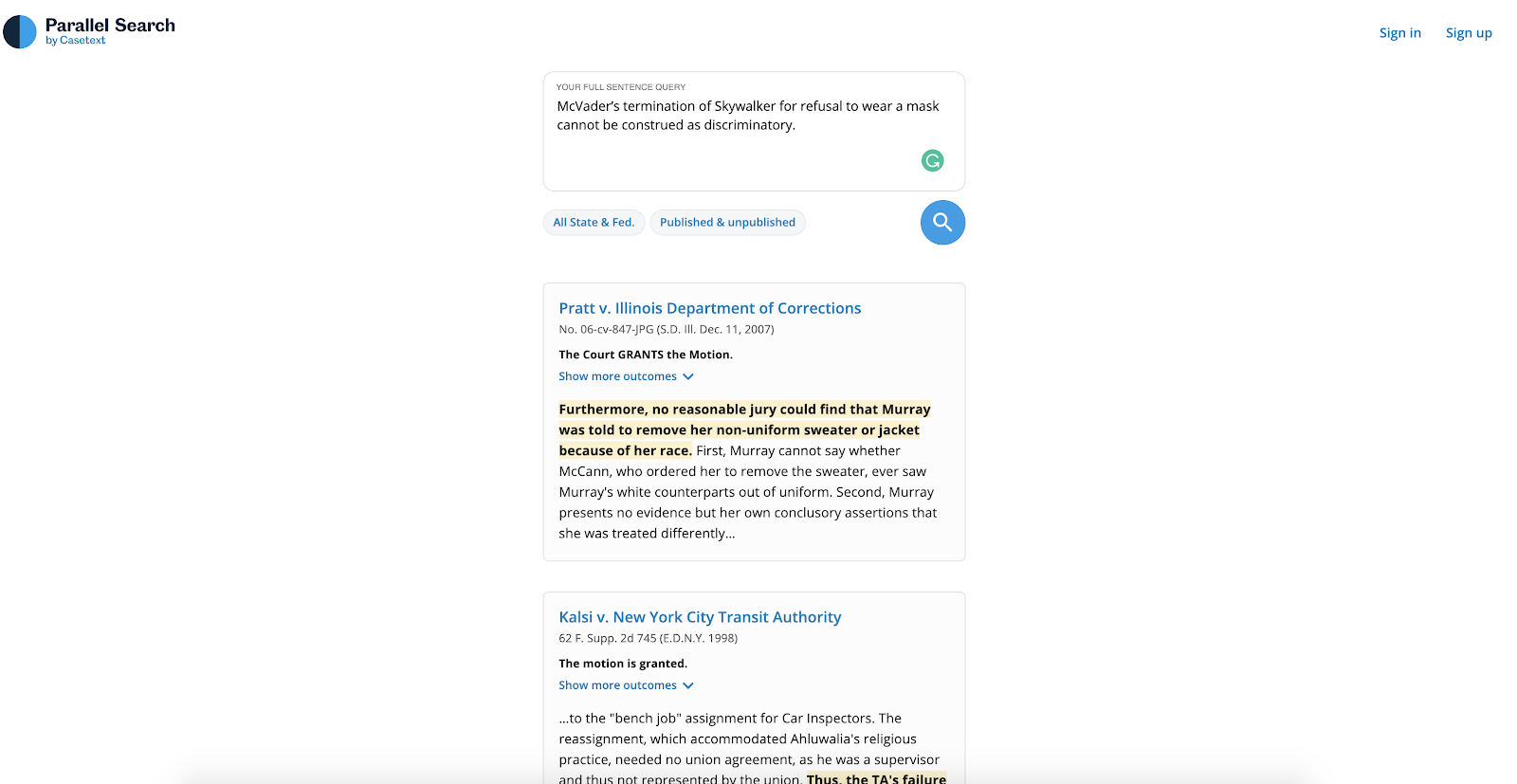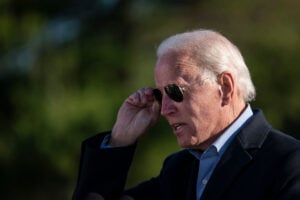Andrew Ross Sorkin writes the DealBook column for the New York Times. In a recent newsletter he linked to an article by Rich Handler, the CEO of Jefferies Financial. Handler writes about the 20 things he wished someone had told him on his first day on the job as an analyst.
What Handler wishes he had known applies to newbie lawyers starting out or the more-seasoned lawyer starting a new gig. Space constraints don’t allow me to discuss all 20, but I’ve chosen some that I think are particularly relevant to lawyers.
If there’s a theme that runs through Handler’s wish list, it’s learning, both on the job and off. He wishes that he had made a stronger effort to develop relationships with the junior people at every client. “When you take the time to truly develop a relationship with someone who is also at the age of fighting to become relevant, that bond can become a foundation that lasts a lifetime.”
Learn as much as you can about everything. Yes, put your head down to get your work done and out, but the more you learn about what your colleagues are doing means that you will have a much better chance to proactively manage your career and make the best choices for you.
Collaboration and collegiality are vital. Looking back, Handler says that there was never really any competition among his peers; get to know them, he says, and support them as best you can. “The sharp-elbowed, game-playing, hypercompetitive people who may have been first out of the gate are generally the ones who washed out.” Tortoise v. hare anyone?
Do your own thinking. It’s fine to ask opinions of people you trust, but at the end of the day, it’s your work product based upon your thinking. “If you just do and rarely think and process, you cannot grow.” Thinking is not an idle act.
Make sure, to the extent possible, to sit in on client meetings, phone calls, and pitches. Be assertive. The senior member of the team can always refuse your request, but it’s the old story of “if you don’t ask, you don’t get.”
If you have ideas for improving something, speak up. As Handler notes, “It may be more work [for you], but it could also be the difference maker so why not try.”
Learn to keep in touch with all the people you work with. You never know how paths may cross in the future.
Understand the business. Many times, I suggested to outside counsel that they spend some time in a branch to learn about the operational side (which is where most of the claims arise). Understand the teller’s job, the operations manager’s job, and the pressure they are always under to never make a mistake while cross-selling products. Having an appreciation and understanding for the business makes it easier to understand when claims arise, how they arose, and how to resolve. No one ever took me up on my suggestion.
Consider the real-life implications of the work you are doing. Are you structuring a deal? Representing the client in litigation? Think about what happens if the deal craters, if there’s a smoking gun in the litigation. What are the real-life consequences for the people involved? Don’t think that it’s less than what it is. It’s not.
Learn and understand the culture of your firm or legal department, why it does things the way it does. Are you comfortable with the culture, or do you feel like a fish on a bicycle? Fitting into the culture is essential, whether it’s been around forever or a startup. If you don’t share the same values, you won’t be happy. Huge paychecks do not salve discomfort.
Handler encourages people to get to know your co-workers out of the office: coffee, lunch, someplace away from there. And leave your smartphone on your desk. Can you ever imagine a time when there were no smartphones? Unless you have a deal imminently closing or some litigation issue that needs immediate attention, give your co-workers the courtesy of your complete attention. (Being an old lady lawyer, I not only imagine a time when there were no smartphones, I lived those days … rotary phones, long-distance operators, encyclopedias rather than Wikipedia, no fax, no internet, etc.)
About health, both physical and mental, Handler says that even though all the pressures created by peers, managers, and yourself are real, the failure to find some degree of balance for family, relationships, and health leads to burnout. Your value diminishes as your burnout level increases.
Don’t let people treat you badly. If you are treated like a doormat, then you become one. Don’t let that happen to you. If it’s unacceptable behavior to you, say so. I’m reminded of an old cartoon, I don’t recall what one, in which the mouse character was asked: “Are you man or mouse? Well, squeak up.”
Take vacations. Detach from the office. Put the smartphone somewhere out of reach. The world will continue to spin while you’re gone. Remember that no one is irreplaceable, even though you might think otherwise.
Appreciate the opportunity that the job provides. Handler says that “Despite all of the aggravation, endless work and living so low on the totem pole, if you do your job right at a quality firm … it will truly provide your with experience, skills, perspective and relationships that will last a lifetime.” He is spot on.
Handler reminds us all that even if you are told something is “life and death,” it isn’t. Trust me on that.
 Jill Switzer has been an active member of the State Bar of California for over 40 years. She remembers practicing law in a kinder, gentler time. She’s had a diverse legal career, including stints as a deputy district attorney, a solo practice, and several senior in-house gigs. She now mediates full-time, which gives her the opportunity to see dinosaurs, millennials, and those in-between interact — it’s not always civil. You can reach her by email at oldladylawyer@gmail.com.
Jill Switzer has been an active member of the State Bar of California for over 40 years. She remembers practicing law in a kinder, gentler time. She’s had a diverse legal career, including stints as a deputy district attorney, a solo practice, and several senior in-house gigs. She now mediates full-time, which gives her the opportunity to see dinosaurs, millennials, and those in-between interact — it’s not always civil. You can reach her by email at oldladylawyer@gmail.com.
 Staci Zaretsky is a senior editor at Above the Law, where she’s worked since 2011. She’d love to hear from you, so please feel free to email her with any tips, questions, comments, or critiques. You can follow her on Twitter or connect with her on LinkedIn.
Staci Zaretsky is a senior editor at Above the Law, where she’s worked since 2011. She’d love to hear from you, so please feel free to email her with any tips, questions, comments, or critiques. You can follow her on Twitter or connect with her on LinkedIn.


 Jill Switzer has been an active member of the State Bar of California for over 40 years. She remembers practicing law in a kinder, gentler time. She’s had a diverse legal career, including stints as a deputy district attorney, a solo practice, and several senior in-house gigs. She now mediates full-time, which gives her the opportunity to see dinosaurs, millennials, and those in-between interact — it’s not always civil. You can reach her by email at
Jill Switzer has been an active member of the State Bar of California for over 40 years. She remembers practicing law in a kinder, gentler time. She’s had a diverse legal career, including stints as a deputy district attorney, a solo practice, and several senior in-house gigs. She now mediates full-time, which gives her the opportunity to see dinosaurs, millennials, and those in-between interact — it’s not always civil. You can reach her by email at 












 Kathryn Rubino is a Senior Editor at Above the Law, and host of
Kathryn Rubino is a Senior Editor at Above the Law, and host of 
